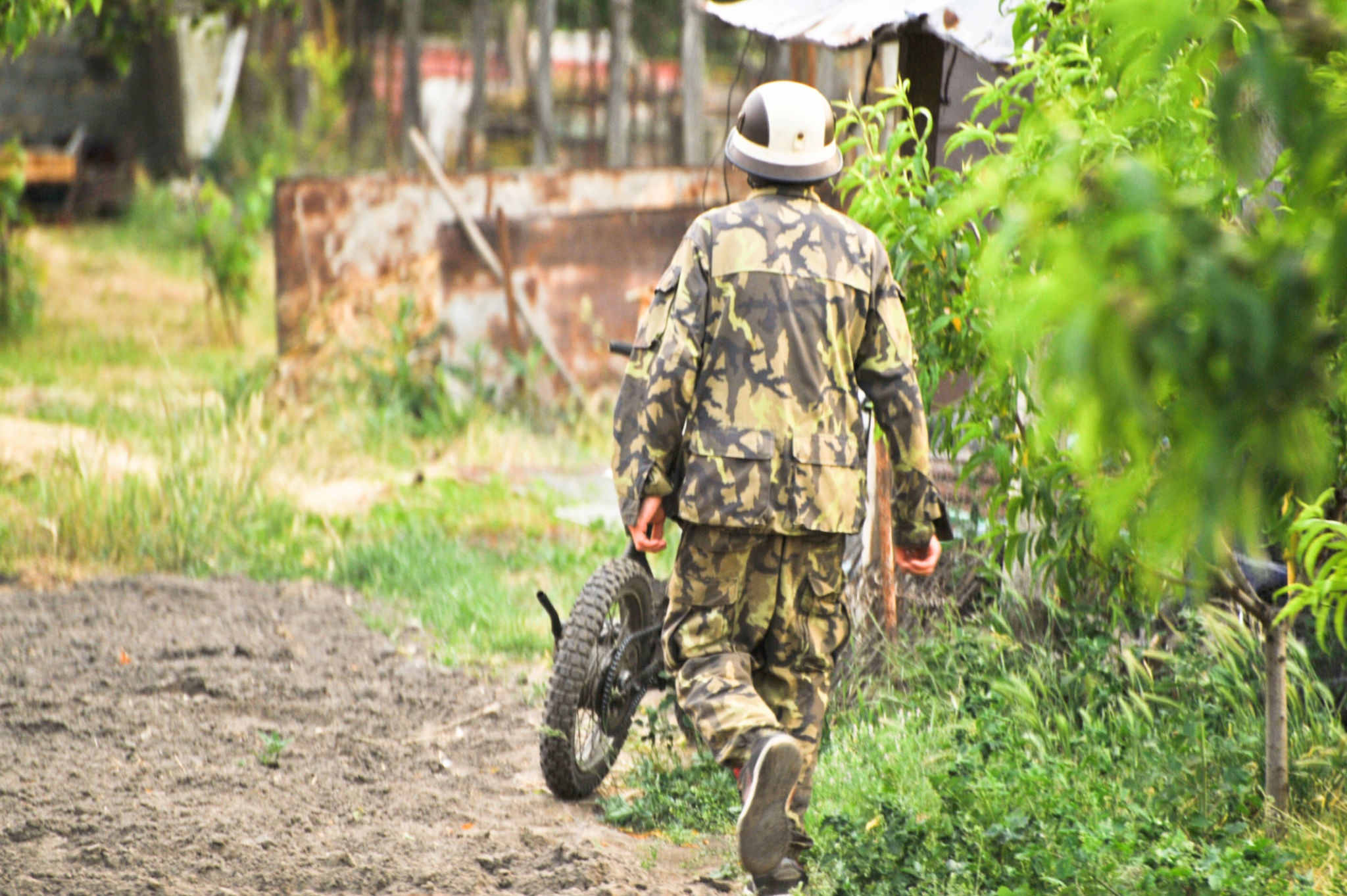Effective Strategies for Preventing Child Soldier Recruitment: Lessons from Southern Sierra Leone
Introduction
In the heart of West Africa, Southern Sierra Leone has faced significant challenges related to the recruitment of child soldiers. However, through innovative strategies and community-driven efforts, this region offers valuable lessons in preventing the militarization of children. Understanding and implementing these strategies can help other regions facing similar challenges.

Community Engagement and Awareness
A key strategy employed in Southern Sierra Leone is comprehensive community engagement. By working closely with local leaders and families, organizations have been able to build trust and raise awareness about the dangers of child recruitment. Community meetings, workshops, and educational programs have been instrumental in creating a protective environment for children.
Moreover, these efforts emphasize the importance of education as a preventive measure. Informing communities about the legal implications and human rights violations associated with child soldier recruitment has empowered them to take a stand against it.
Rehabilitation and Reintegration Programs
For those children who have been recruited, successful rehabilitation and reintegration programs are crucial. In Southern Sierra Leone, these programs focus on providing psychological support, education, and vocational training to help former child soldiers reintegrate into society.

Organizations collaborate with local schools and businesses to offer employment opportunities, ensuring that these children have a stable future. By addressing both psychological and socio-economic aspects, these programs significantly reduce the likelihood of re-recruitment.
Strengthening Legal Frameworks
Legal frameworks play a pivotal role in preventing child soldier recruitment. In Southern Sierra Leone, strengthening laws and ensuring their enforcement has been a priority. This includes training law enforcement personnel to identify and respond to cases of child recruitment effectively.
Additionally, collaboration with international bodies has helped align Sierra Leone's legal standards with global conventions against the use of child soldiers, providing a robust legal backbone to local efforts.
Role of International Support
International organizations have been integral in supporting local initiatives. Through funding, expertise, and advocacy, they have bolstered the capacity of local organizations to implement effective prevention strategies. This collaboration has been essential in scaling efforts and creating sustainable solutions.

Furthermore, international pressure has encouraged the government to prioritize the issue of child soldier recruitment, leading to more comprehensive national policies.
Empowering Youth as Change Agents
Youth empowerment is another critical aspect of preventing child soldier recruitment. By involving young people in advocacy and peer education programs, communities can foster a generation that actively opposes the militarization of children. These programs help youths understand their rights and encourage them to become ambassadors for peace in their communities.
The success of such initiatives in Southern Sierra Leone demonstrates the power of youth-led movements in driving societal change.
Conclusion
The experiences from Southern Sierra Leone provide a blueprint for addressing the complex issue of child soldier recruitment. Community engagement, strong legal frameworks, international support, rehabilitation programs, and youth empowerment are all crucial components of an effective strategy. By adopting these approaches, other regions can work towards eradicating this grave violation of children's rights.